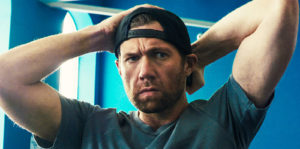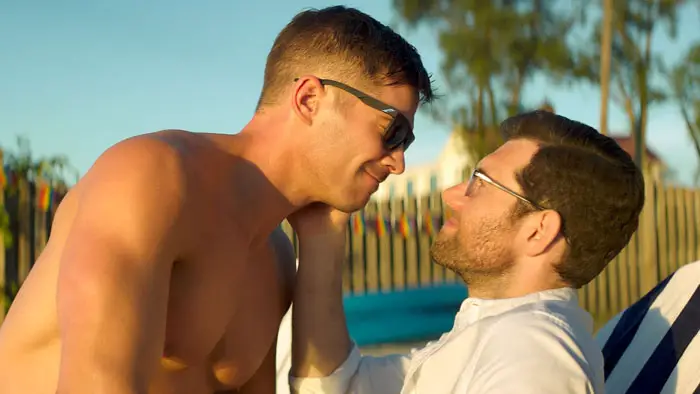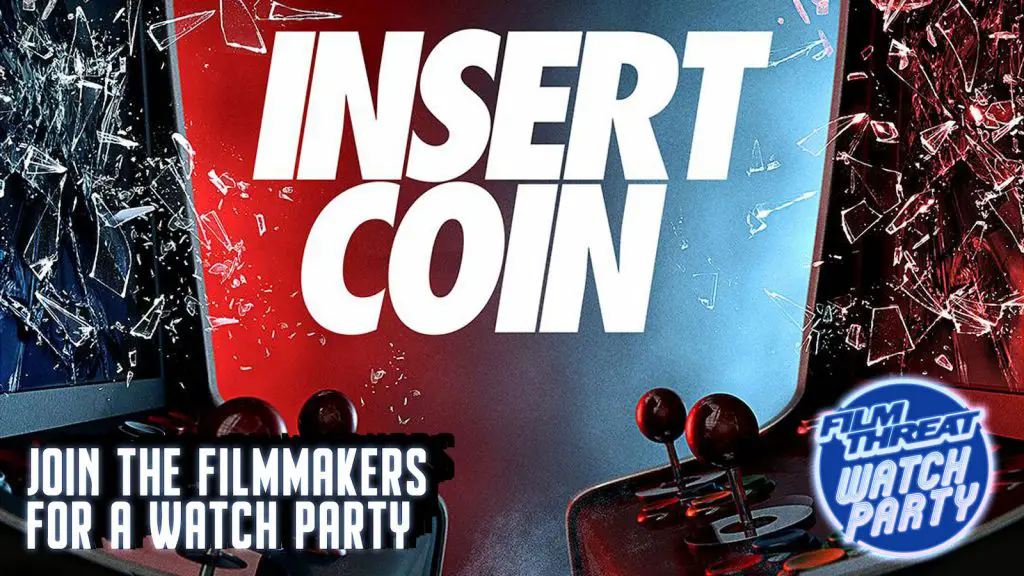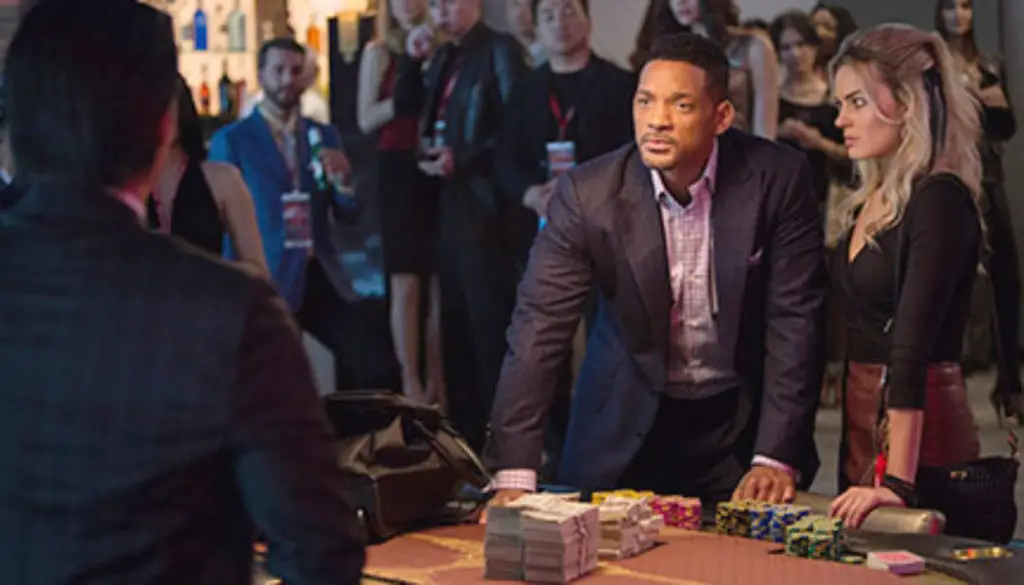
And with Bobby, it only runs as deep as making mean observations about gay men based on stereotypes. But with Aaron, it’s a more personal situation. He’s concerned about appearing too “faggy” as he puts it. He even asks Bobby, in the most offensive manner, to “tone it down” when his parents come to meet them. I think he is, possibly because of his upbringing, ashamed of his identity in subtle ways. Like, he’s comfortable with being homosexual in the sense that he is sexually attracted to men. But the whole “limp wrist” body language, as we call it, isn’t exactly his vibe. It could be because he played hockey as a kid, and being fit and physically masculine is his thing. Or it could be because society doesn’t always treat effeminate men well. And part of the mistreatment is calling them “gay.” It’s in inverted commas because it’s used as a slur! A literal sexual identity is used as an insult, and somehow it’s the gay man’s fault when he’s uncomfortable with his sexuality. And you can see it doesn’t just hurt the people he loves the most, which is already very detrimental if you ask me, but it also hurts him directly! He chose his current job over his childhood dream job because the latter felt too “faggy” for him. I can’t imagine what he had been told as a little child that made him abandon his fantasy because of that. That’s just tragic. In fact, Bros primarily explores the phenomenon of internalized homophobia through Aaron.

“…primarily explores the phenomenon of internalized homophobia through Aaron.”
Now, Aaron’s situation is relatable to a significant fraction of the LGBTQIA+ community today, as unfortunate as that is. We’ve all been told, whether directly or through media, that there are only some acceptable ways in which to express ourselves. “Don’t walk like that,” “Don’t talk like that,” “Why do you have to make everything about it?” “Don’t wear that color” and a million other examples come to mind almost immediately. But that being said, Bobby’s cynicism about the gay community feels like an insult over the injury for me, at least. Now, before I misappropriate, I’d like to clarify that I’m bisexual, but I don’t think that takes away from my point. Queer people often grow up in adverse environments with the people around them not accepting them. The negative perceptions harbored by society are directly effective on them in real life. So when they find their community, that’s like finally meeting their real family. Think of the gay man, who, for as long as he can remember, was brought up being told not to be gay no matter what he did with his life. Imagine the sense of relief he will feel when he meets the out gay community and finds the support, he was never given as a kid or a young adult. And then he’s told by Bobby and some other gay men who grew up in more accepting households that gay men are actually terrible. I get that it’s a stereotype, and that’s what we make jokes about most of the time, but this reeks of entitlement and is jarring.
But Bros doesn’t stop there with its depiction of how the queer community has ongoing battles within itself. As I’ll explore in more detail in my next article on the film, Bobby is also biphobic, and that’s an honest portrayal of how entitled and privileged cis gay men often treat other queer identities by feeling offended whenever they aren’t the center of attention.
Atreyo Palit is a queer film enthusiast looking to make a career in the film industry as a writer and journalist. He has an affinity for LGBTQIA+ and feminist cinema and loves analyzing complex human realities presented in films with a particular focus on representation.


